How to Help Kids Cope With Traumatic Events
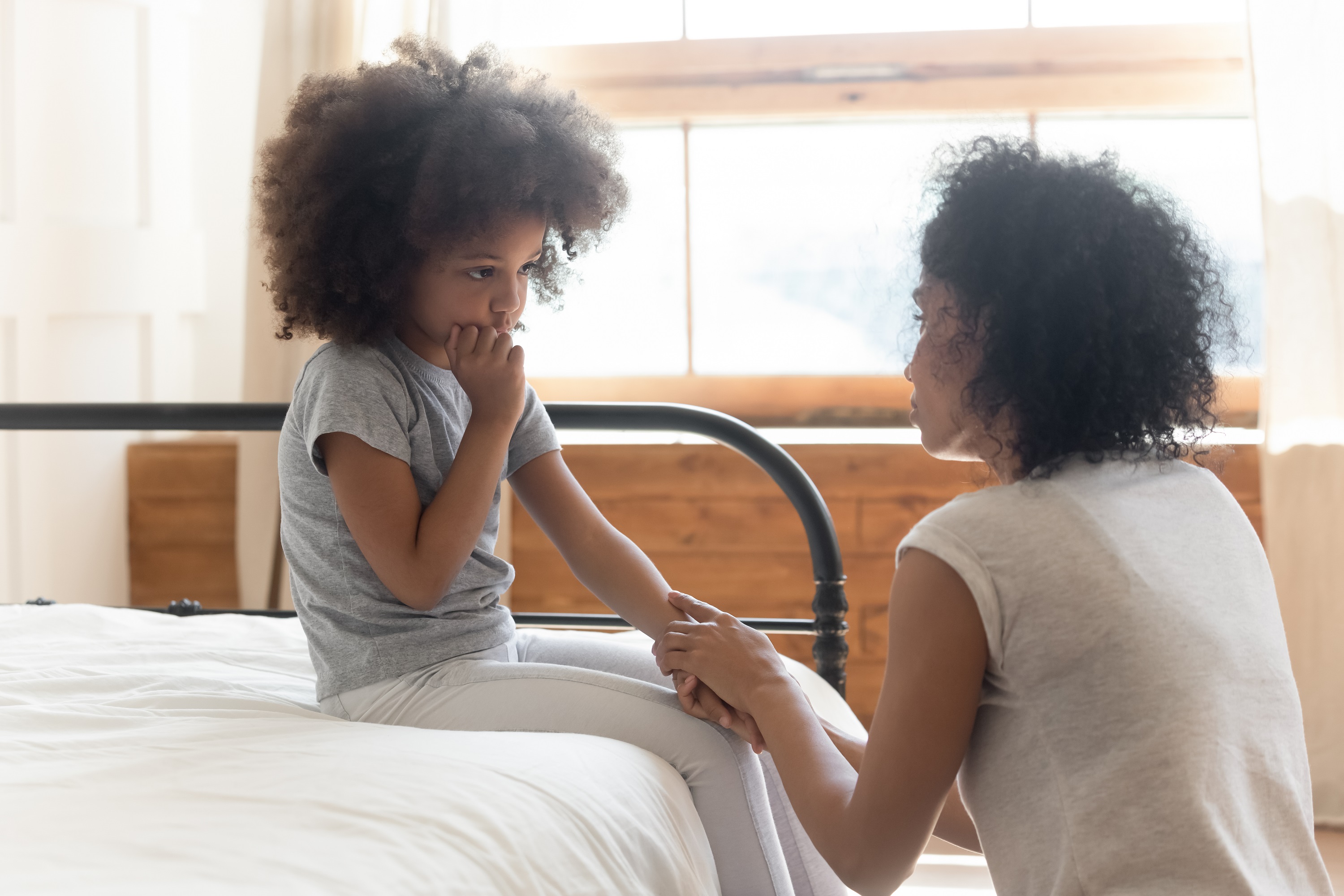
June 27, 2022
Tragedies like the senseless mass shootings in Uvalde, Texas, or Buffalo, New York, are difficult to process even for the most emotionally aware adult. But as caregivers of children, we have to take the time to understand the impact of these traumatic events.
Talking about these events with children means acknowledging that their world is dangerous and that terrible things can happen—a notion that cuts against the sense of safety and security that many caregivers actively try to foster for their kids.
While it may sometimes make sense to shield younger kids from certain headlines, in other cases, it’s not advisable or feasible. If a child has heard about a tragic event, silence from parents can make the event seem even more frightening.
“We would all prefer that our kids live in a world free from tragedy. But that isn’t the world we live in, which means it’s up to caregivers to provide the support, context and care that’s needed to help kids work through their reactions to these events,” says Lauren Kaczka-Weiss, D.O., child and adolescent psychiatrist at Jersey Shore University Medical Center.
First, discern what your child already knows.
Conversations vary substantially according to a child’s age, as well as the traumatic details to which they’ve been exposed. “With kids who first learned about the tragic event at school or from friends, for example, parents can begin the conversation by asking what the child has heard about the event, then provide clarity and context based on the child’s answer,” says Dr. Kaczka-Weiss.
Monitor your children’s exposure to media coverage of a tragedy.
In some cases, particularly with younger kids, it may make sense to limit their access to graphic images of a tragedy. When older kids are looking at news coverage of a tragedy on TV or the internet, that might be the right moment to start a conversation about what happened. Regardless of the child’s age, it is important to watch the news with your child and look for signs that the news may have brought up anxieties or fears.
Focus on active listening.
Once parents begin working through the details of a traumatic event with their kids, active listening is key. “For example, caregivers can try to tease out their child’s perspective by asking how they feel about what happened,” says Dr. Kaczka-Weiss. One thing to monitor and address is whether a child feels personally at risk—younger children, especially, can be confused about their proximity to danger after learning about a traumatic event, or the likelihood that a similar tragedy might affect them. It is important to reassure them that they are safe—and help them feel that by creating a safe space at home.
Share your experiences with older kids.
For older kids and teens who are able to think about a tragedy at a conceptual level, it can be helpful to hear from their caregivers about the ways that they are processing the news. “Kids are looking to their caregivers not only for knowledge about what happened but for guidance about how to think about it and how to get through it,” says Dr. Kaczka-Weiss. “These are difficult conversations, but they are absolutely essential to helping kids process traumatic news.”
Know when to seek help.
Usually a child’s feelings of confusion, anxiety or fear after a traumatic event will start to fade relatively quickly. “But if their reaction starts to interfere with their school and daily life, and they seem ‘stuck’ in this state even after a few weeks, they may need help from a primary care physician or a mental health specialist, like a child and adolescent psychiatrist,” says Dr. Kaczka-Weiss.
Next Steps & Resources:
- Meet our source: Lauren Kaczka-Weiss, D.O.
- To make an appointment with Dr. Kaczka-Weiss or a behavioral health specialist near you, call 800-822-8905 or visit our website.
- Learn more about family-centered care for kids at Hackensack Meridian Children’s Health
The material provided through HealthU is intended to be used as general information only and should not replace the advice of your physician. Always consult your physician for individual care.
Find a doctor near me
What Are the Effects of Cyberbullying?
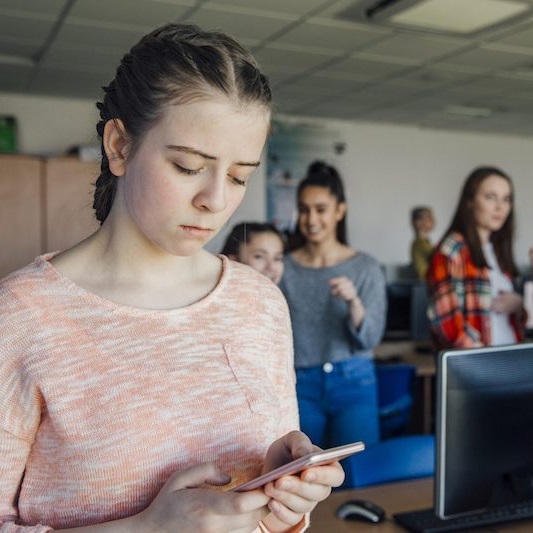
Understand cyberbullying effects on kids. Learn how Dr. Alcera helps families cope. Get support and resources now.
ER vs. Urgent Care vs. Pediatrician
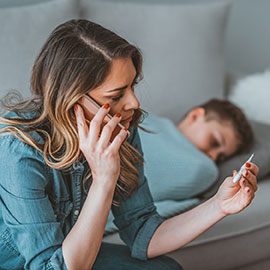
When your child gets sick, it can be hard to know - should you go to the emergency room (ER), urgent care or pediatrician?
Find a doctor near me
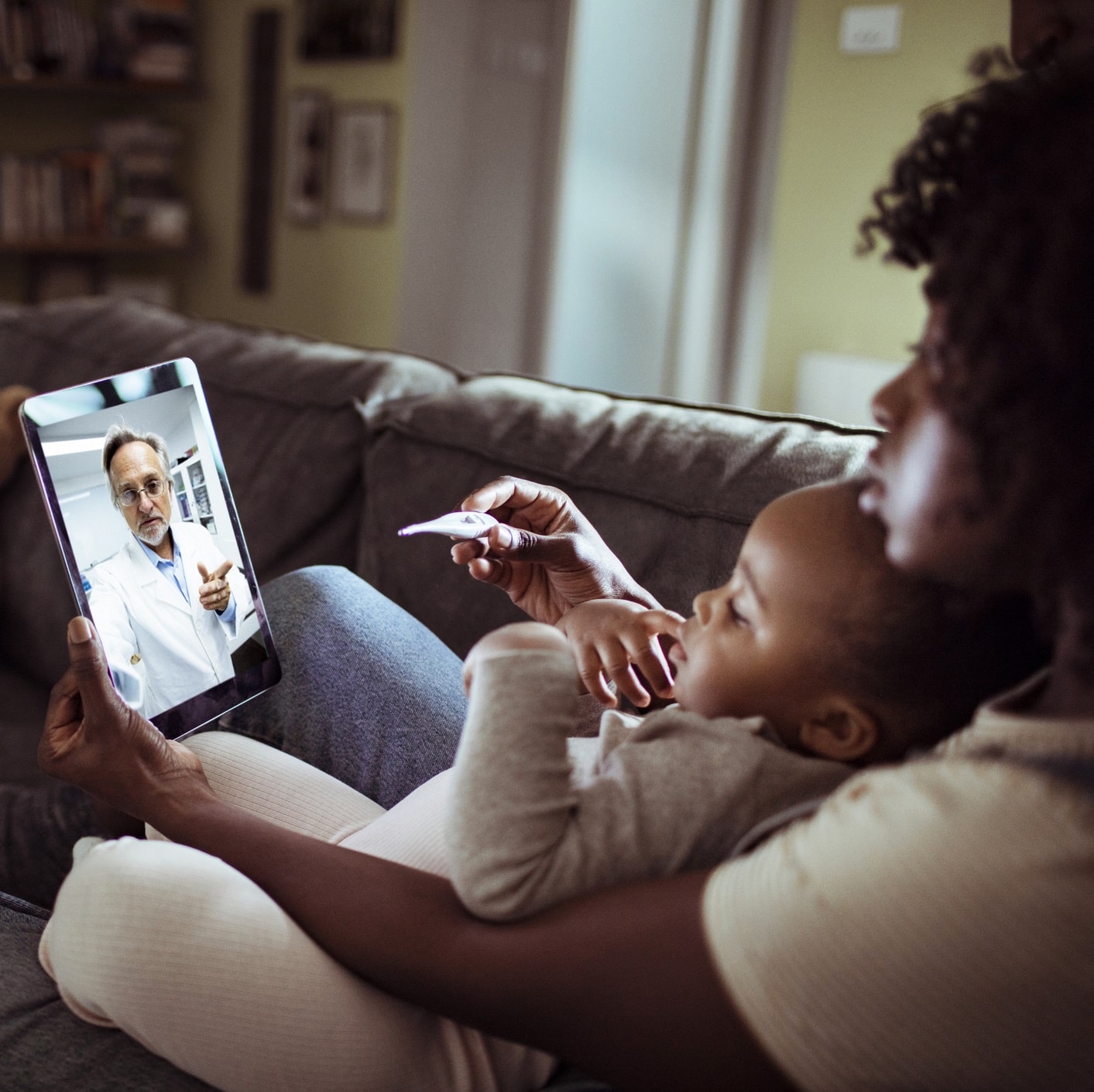
Reasons to Keep Your Child Home From School
Keep your child home from school? Dr. Sevilla shares when symptoms like fever, cough, or nausea warrant a stay home. Learn more and schedule an appointment.
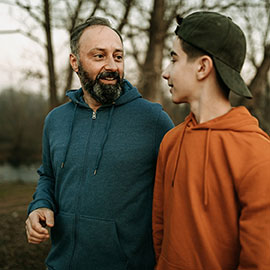
How To Survive ‘The Talk’ With Your Teen
Guide to talking with your teen about sex. Advice from Joseph M. Sanzari Children’s Hospital doctors. Get expert tips and resources now.
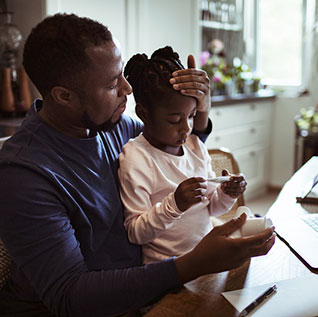
How to ID Common Kid Bugs
Identify common childhood illnesses (RSV, cold, COVID-19, flu). Learn how to differentiate symptoms & protect your child. Call 800-822-8905.
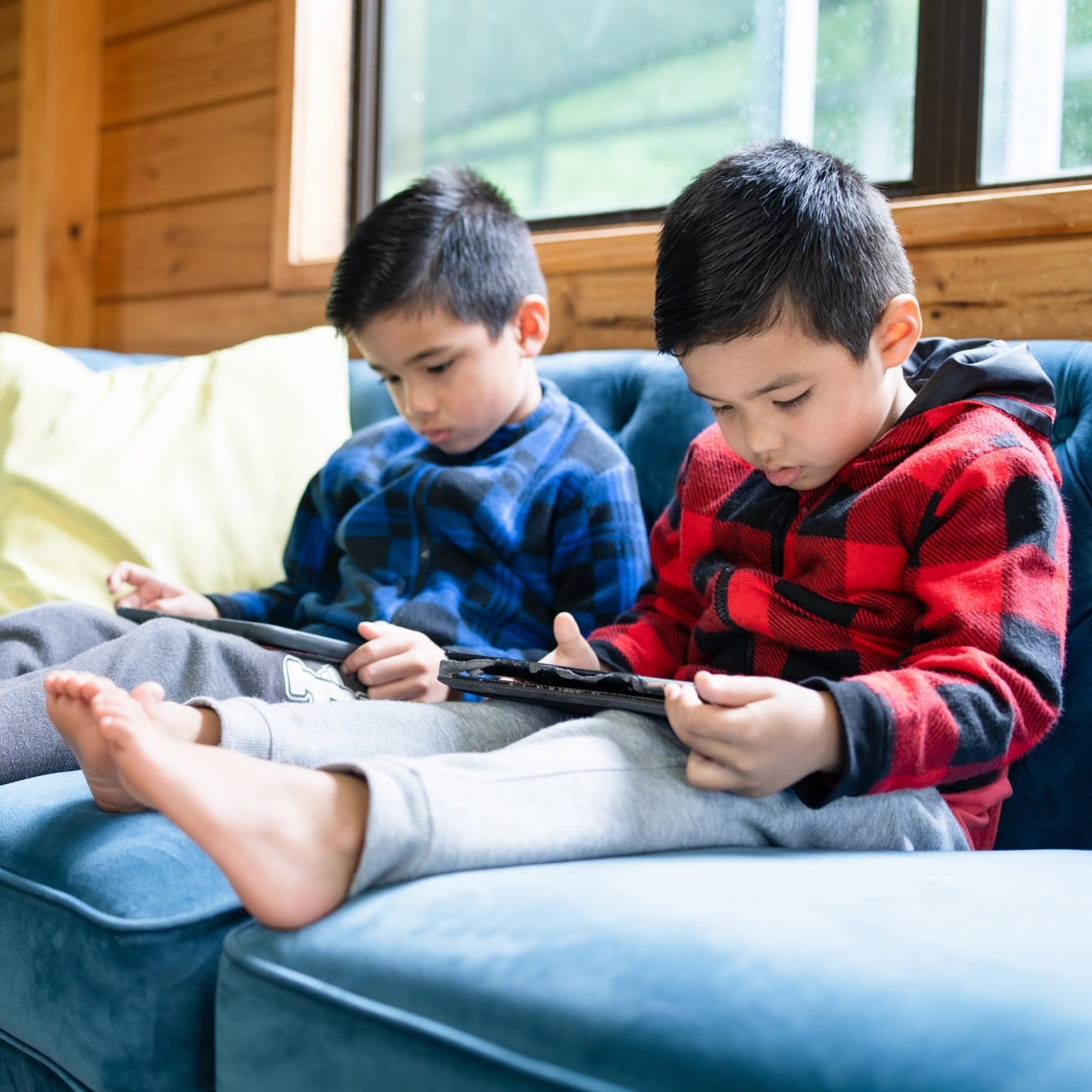
5 Simple Ways to Help Limit Your Child’s Screen Time
According to the American Academy of Pediatrics (AAP), no one — child or adult — should have more than 2 hours of screen time per day, and that amount is even less for kids under age 2.
